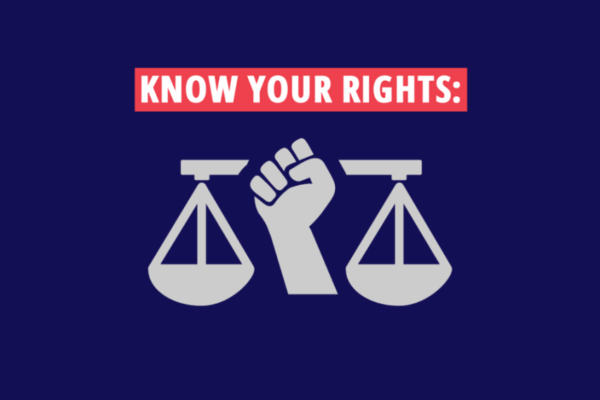Utah’s public schools are required by law to remain secular, ensuring every student—regardless of their beliefs—has the right to be free from religious pressure or discrimination. Religious influence in public schools, including LDS seminary programs, must follow strict legal guidelines to prevent unconstitutional entanglement. Here's what you need to know to protect your rights.
Stay Informed
Sign up to be the first to hear about how to take action.
By completing this form, I agree to receive occasional emails per the terms of the ACLU’s privacy statement.
By completing this form, I agree to receive occasional emails per the terms of the ACLU’s privacy statement.

